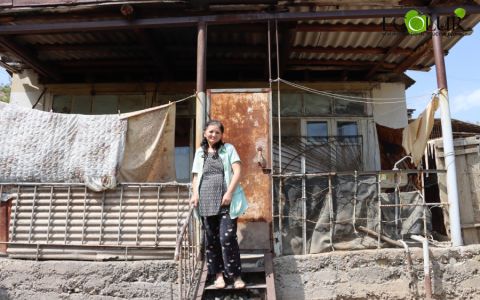SINnovation – keys for the future
At the beginning of October around 100 stakeholders gathered in Brussels for the one-day event "SINnovation – keys for the future" organized by ChemSec. Among the speakers were high level representatives from authorities, the scientific community, chemical industry, downstream users and financial investors.
Endocrination
Endocrination, a documentary by French investigative journalist Stéphane Horel, is now available to view on YouTube. The documentary is the result of an 18-month investigation into the events surrounding the European Commission's consideration of a potential ban on endocrine disruptors. Horel's film highlights the extent of corporate influence and lobbying from the chemicals and pesticides industry.
Full video: https://www.youtube.com/watch?v=6ks5OSVDl00&feature=youtu.be
Unforeseen Dioxin Formation in Waste Incineration
Dioxins forms faster, at lower temperatures and under other conditions than previously thought. This may affect how we in the future construct sampling equipment, flue gas filtering systems for waste incineration and how to treat waste incineration fly ash. These are some of the conclusions Eva Weidemann draws in her doctoral thesis, which she defended at Umeå University on Friday the 26 of September. "The intended function of the filters is to remove the dioxins from the flue gas, but I found that they actually formed instead. The dioxin emissions from the plant still falls below the legislative limits, but that the formation takes place in the first place is bad news. We have identified key parameters for the formation and approximate mechanics. My hope is that our findings can contribute to better filter design in the future," says Eva Weidemann.
Full article: http://www.energyjustice.net/content/unforeseen-dioxin-formation-waste-incineration
Tech giants still using hazardous chemicals in phones, tablets and PCs, Greenpeace claims
While there has been some progress in recent years, the latest Greenpeace Green Gadgets report shows that leading consumer electronics companies are continuing to use toxic chemicals in smartphones, televisions, tablets, computer and cables. Technology giants including Samsung, Sony and Panasonic are among the firms still using hazardous chemicals that are contributing to a "growing environmental crisis", the report has found. PVC and BFRs are common in many devices and are often released during the recycling of e-waste. This process often involves more toxic chemicals, the burning of components and generally takes place as a "backyard" activity in the developing world, far from where these devices were sold and used. Greenpeace highlighted Samsung for criticism. It said the firm is failing to meet previously stated elimination goals for its products beyond its phone range and had joined other firms in backtracking on commitments. Apple was praised for reducing its impact and becoming the only company to totally eliminate the use of PVC and BFRs from its entire product range. However Greenpeace attacked Microsoft for dropping a previous "phase-out commitment" and Amazon for "failing to provide any information to the public".
The full report can be found here: http://www.greenpeace.org/international/en/campaigns/toxics/electronics/Guide-to-Greener-Electronics/Green-Gadgets/
Minamata Convention on Mercury – INC6
The sixth session of the intergovernmental negotiating committee on mercury (INC6) is scheduled to take place from 3 to 7 November 2014 at the premises of the United Nations Economic and Social Commission for Asia and the Pacific (ESCAP) in Bangkok, Thailand. The session will be preceded by regional consultations on 2 November 2014.
Meeting documents can be found here: http://www.mercuryconvention.org/Negotiations/INC6/tabid/3563/Default.aspx







